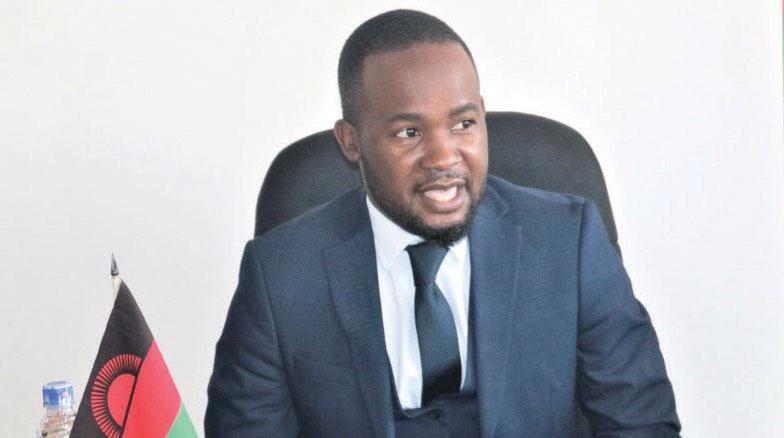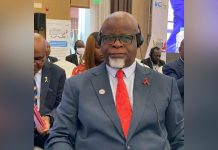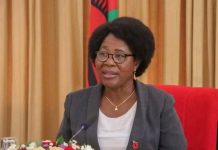Africa-Press – Malawi. Dowa West Member of Parliament (MPs) Abel Kayembe Thursday grew cold feet in Parliament and opted that he further consults on the rate capping bill when the august House insisted that the bill be debated and passed.
During deliberations after the second reading of the Financial Services Amendment Bill 2021, lawmakers from both sides of the House had agreed that Malawi needed the legislation to bring to a halt the “torture that Malawians are facing at the hands of banks”.
The agreement to the bill by the individual lawmakers came at a time political parties such as Malawi Congress Party (MCP), Democratic Progressive Party and United Democratic Front had indicated that they were not ready to comment on the draft piece of legislation.
MCP spokesperson in Parliament Sosten Gwengwe had earlier told legislators that the party wanted to get views from various lawmakers before chipping in on the matter.
“As far as the party is concerned, we would like to see how the House deliberates on the matter and we will not be pronouncing our position on the floor now as it is.
“This issue is not new. We would want to see the reasoning that will be coming on the floor,” Gwengwe said, adding that the party would be able to give its position after weighing the merits and demerits of the bill.
During general debate, lawmakers shared stories related to the hardships that some Malawians are facing at the hands of banks, including committing suicide after having all their investments taken up by banks due to high penalty charges on bad loans.
But, after lawmakers had commented unanimously in support of the bill, with many of them insisting that the bill be passed Thursday, Kayembe surprised the House when he indicated that he wanted the bill to be referred to a Joint Parliamentary Committee of Legal, Public Accounts, Budget and Trade and Industry.
But MPs defeated the motion to have the bill referred to the joint committee before lunch break, insisting that the bill be passed. When the House reconvened after the lunch break, Kayembe moved another motion to consult the academia. The House adopted it.
The bill seeks to amend the Financial Services Act, Cap 44:05 of the Laws of Malawi, to regulate interest rates on loans obtained by banks and other financial lending institutions after it was observed that some borrowers had lost property after failing to honour loans. Among other things, the bill proposes a fine of K500 million to banks that recover interest of more than the principal from borrowers.
The bill seeks to amend the Financial Services Act by inserting, in Part VII, a new section 34A, which will provide for the regulation of interest rates, setting policy rate, setting the maximum recovery from any loaned amount and shrinking the ever-widening spread between lending and deposit rate.
However, Bankers Association of Malawi (Bam) Thursday warned that, by reducing the lending rate to levels below adequate risk pricing, banks will stop lending to individuals and small and medium-scale enterprises.
Bankers Association of Malawi Chief Executive Officer Lyness Nkungula recently warned that, given the short-term nature of lending books in Malawi, with high reliance on overdrafts, the decision by banks to limit their lending appetite will have an almost immediate impact on the economy.
Also in the afternoon Thursday, the House passed the Political Parties Amendment Bill, which requires political parties to submit their manifestos to the National Planning Commission for the commission to ascertain whether the manifestoes are in line with the National Development Agenda.
In the afternoon, the House also deliberated on the Pension Act Amendment Bill and, although supporting it, advised mover of the bill to do wider consultation on the bill.
For More News And Analysis About Malawi Follow Africa-Press






